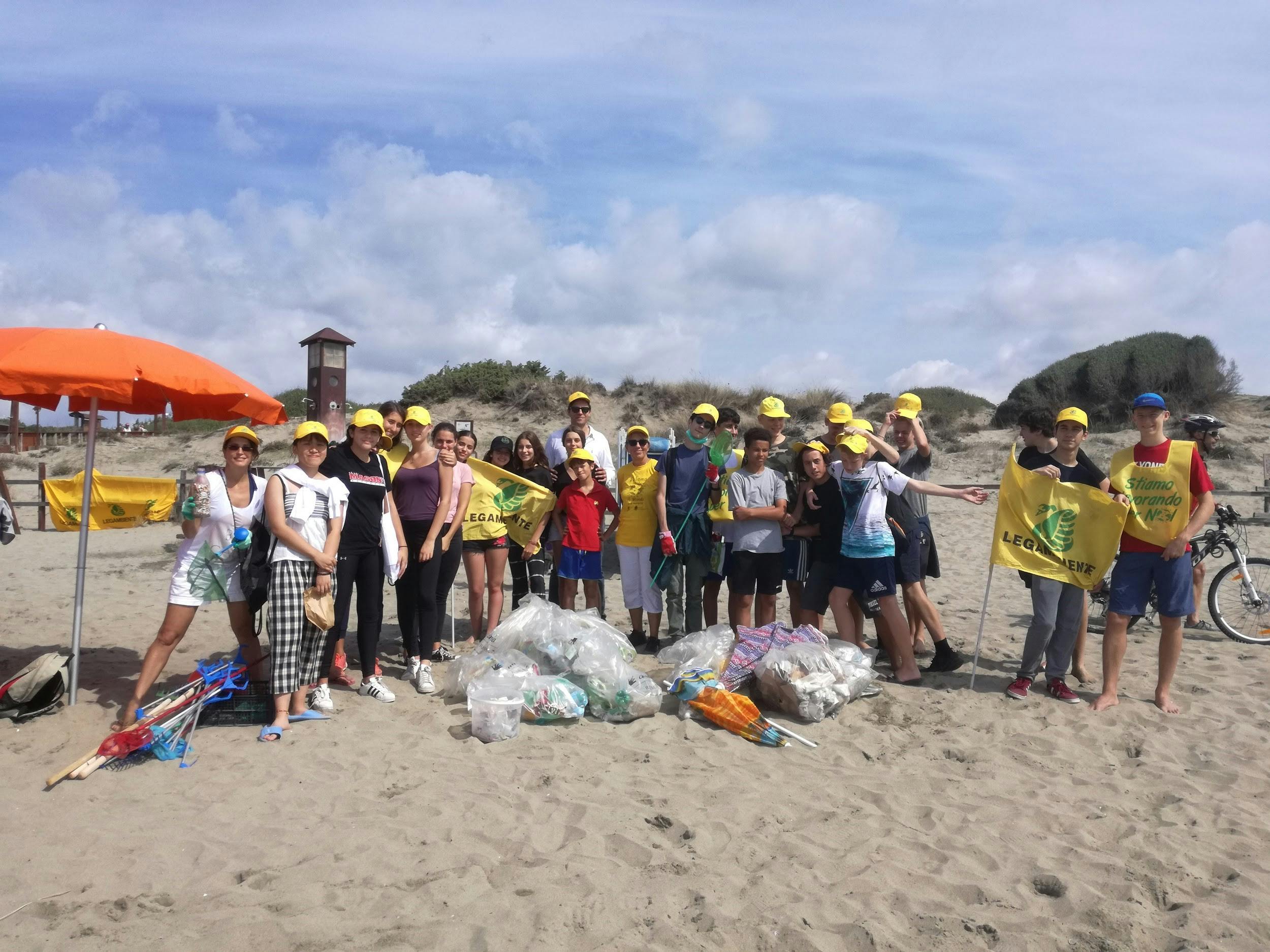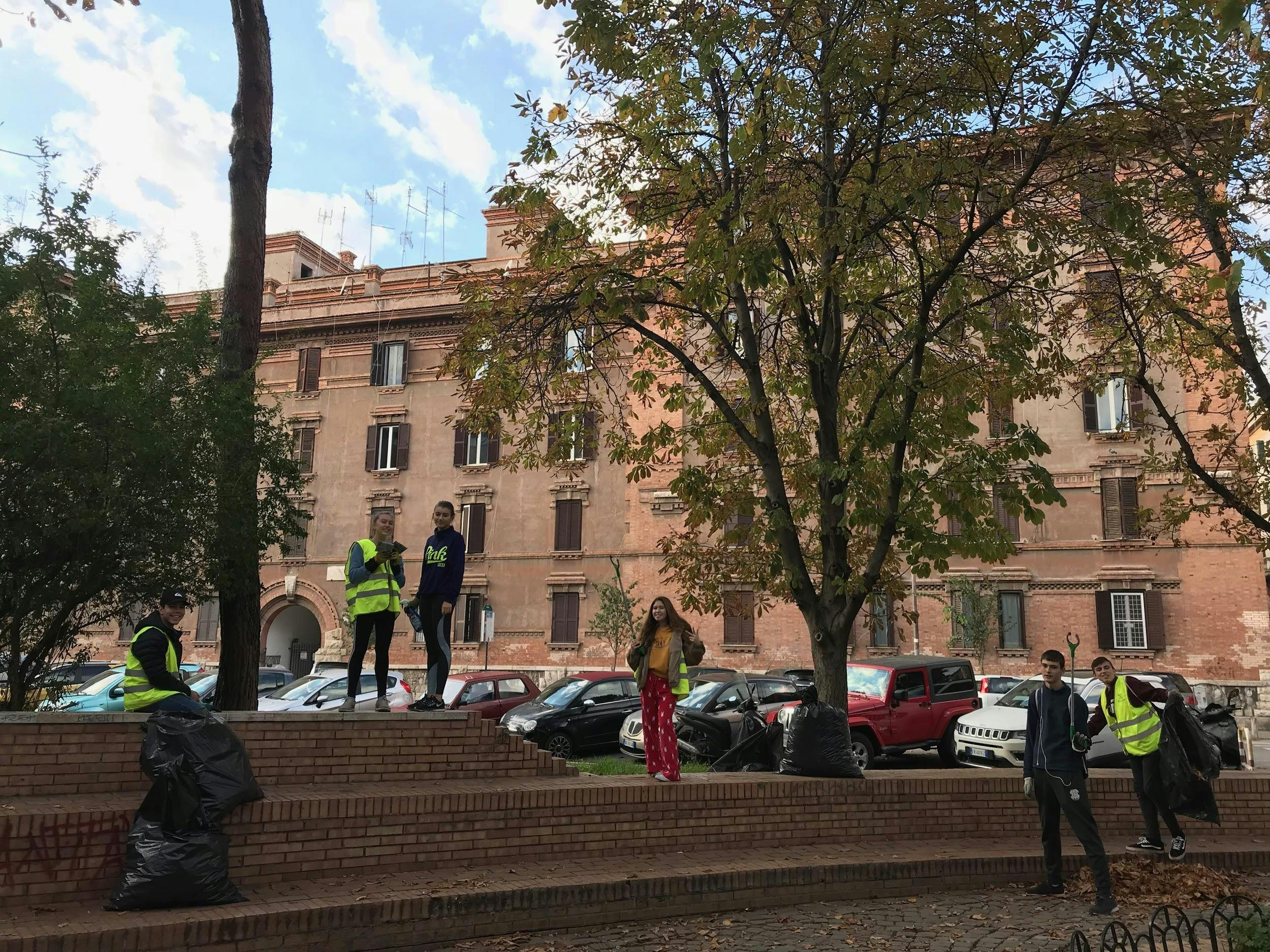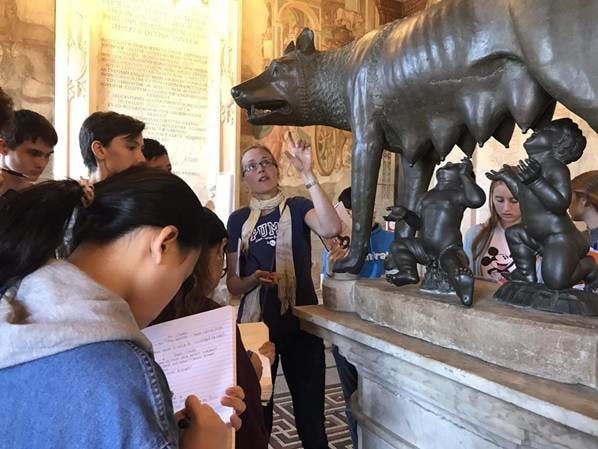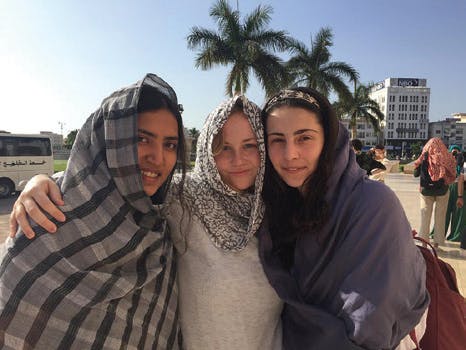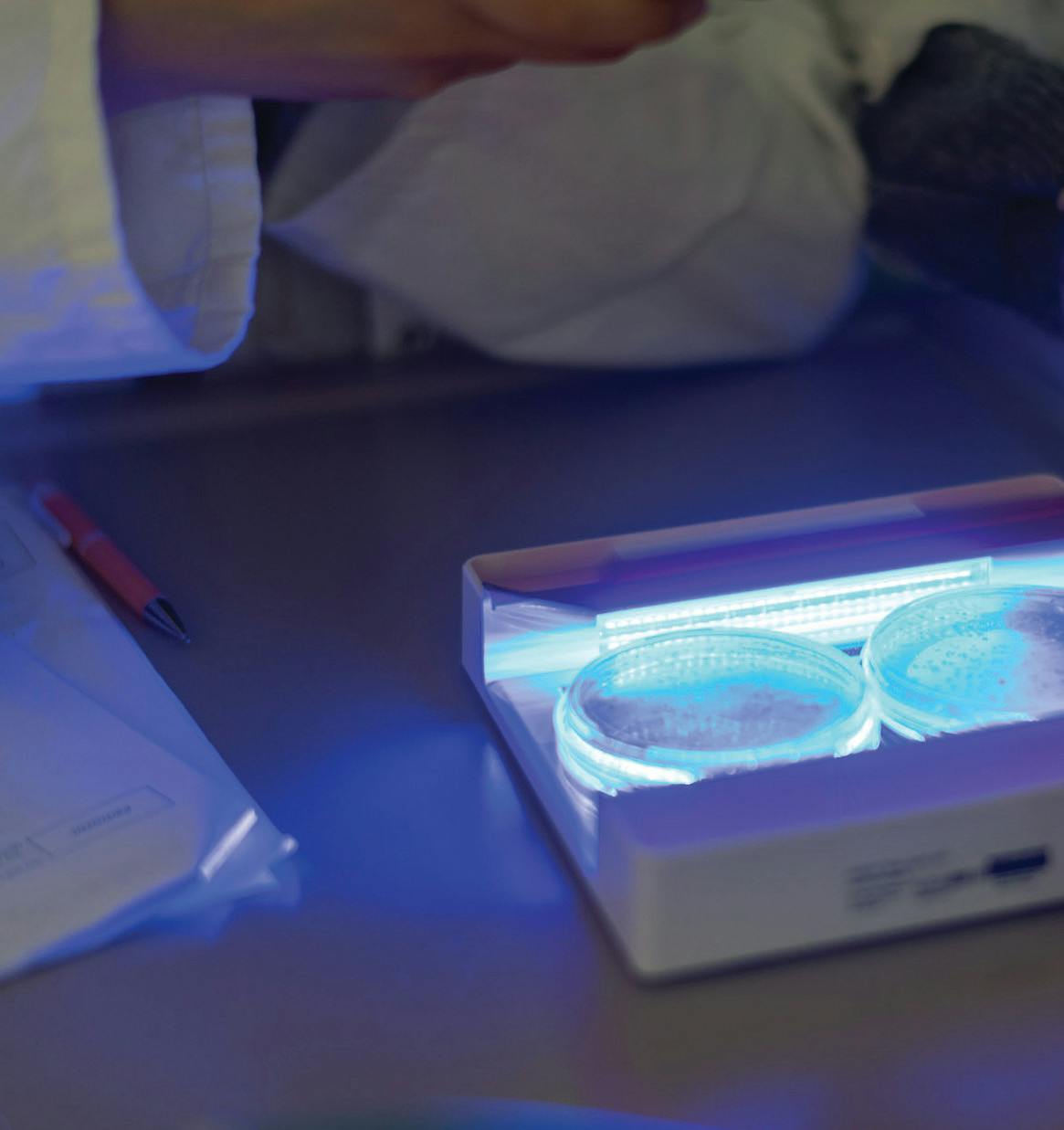
Molecular Genetics at St Stephen's
Everything You Need to Know About Molecular Genetics...
You can learn at St. Stephen’s! In an initiative unique to the School, IB Biology students are participating in advanced studies that will expose them to university-level coursework. Last year, St. Stephen’s introduced a molecular genetics project through a five-year partnership with Adama Scienza, an independent research organization that is part of the European Molecular Biology Labs, Europe’s flagship laboratory for Life Sciences. The project prepares biology students for high-tech research and hands-on experience with sophisticated equipment that develops inquiry-based lab skills.
Molecular biology and genetics focus on the genetic codes which program the formation of all natural living things.
Through analysis of the structure and functions of genes, molecular genetics aims to use deciphered codes through a series of investigative approaches, including laboratory methods and research strategies.
Over the last twenty years, recombinant DNA, gene expression, and genetic engineering technologies have become vital to enhancing our understanding of pathologies, providing a fundamental basis for enhanced scientific research.
These advances have led to revolutionary treatments for diseases such as cancer, diabetes, and other serious illnesses. This rapidly evolving field has provided critical applications in the areas of agriculture, healthcare, and biotechnology, as well as in the pharmaceutical, environment, and energy industries.
The Project
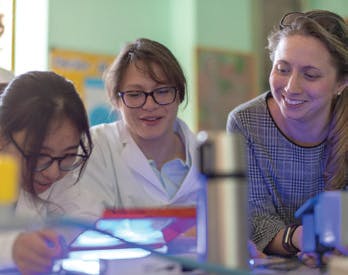
The aim of the St. Stephen’s/Adama Scienza collaboration is to:
- boost students’ ability to plan, analyze, interpret and synthesize scientific observations
- promote students’ individual and/or collective learning strategies
- empower teachers and students with methodological and experimental skills on higher profile biotechnology topics
- expand and deepen scientific literacy and competencies
Through this partnership, students will clone a fragment of DNA into a vector to create a recombinant DNA plasmid.
They will transform bacteria with this plasmid and analyze the result using PCR or the polymerase chain reaction.
The recombinant bacteria will glow green under UV light.
They will then be able to purify the protein and analyze it using SDS gel electrophoresis.




